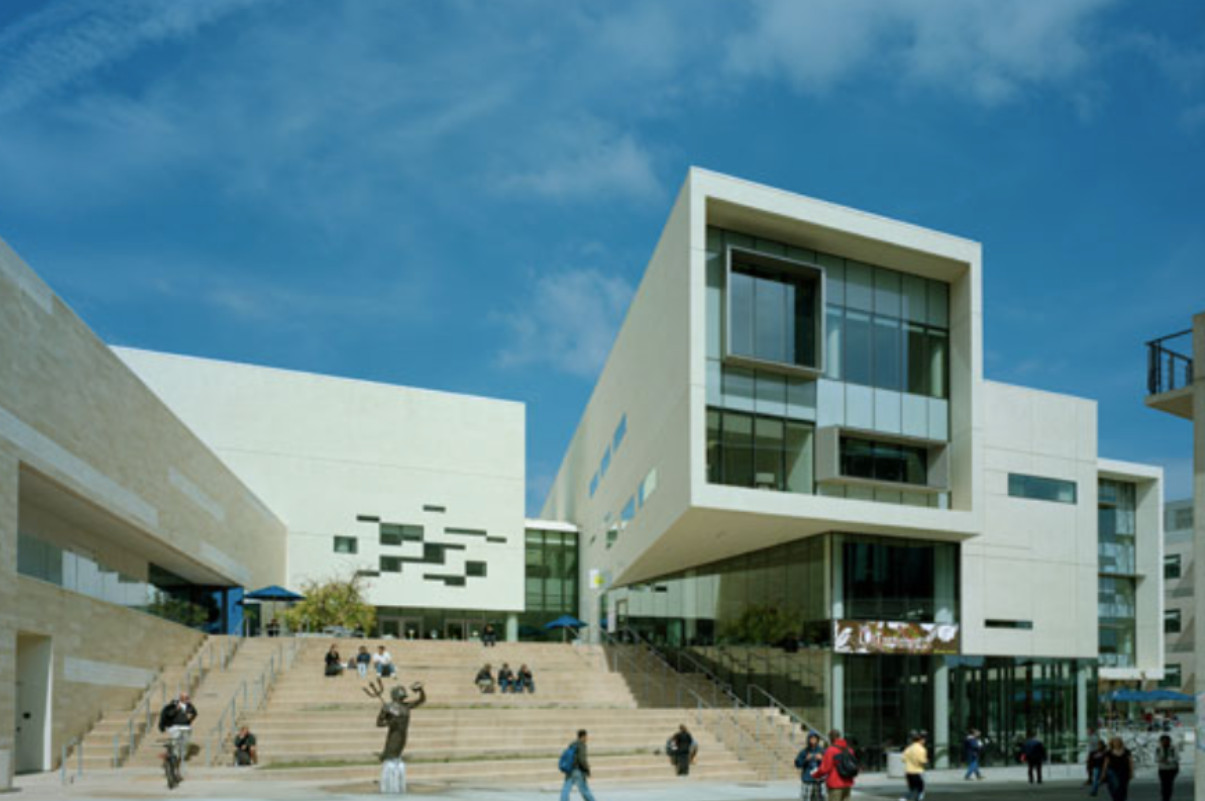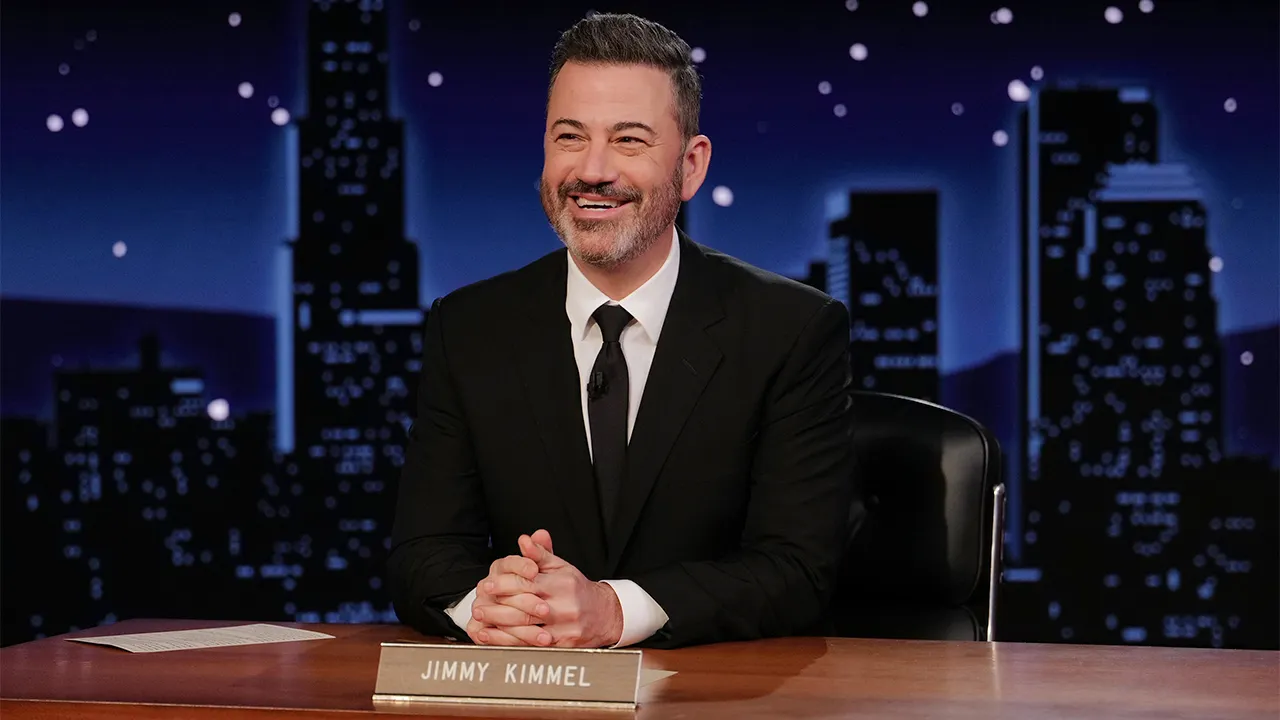By Roberto Camacho • Special to Times of San Diego
Copyright timesofsandiego

University of California, San Diego faculty are demanding more transparency over the UC Office of the President’s alleged release of personal information to federal agencies.
The UCSD Faculty Association says that personally identifiable information of faculty and students was included in documents handed over as part of a federal probe into claims of antisemitism on campus.
The association is requesting transparency around the release of personal information that was reportedly shared with the federal government.
“We urge your administration to protect the UC San Diego community from government threats and investigations that are wielded as tools to force us into compliance with a political agenda,” the request said.
The California State University system recently received a similar demand for information.
UC Berkeley has shared information, but there has been no confirmation that other universities in the California higher education system have done so.
“It’s a dark day for the UC,” said Dr. Kina Thackray, a professor in the department of Obstetrics, Gynecology & Reproductive Sciences.
Thackray, like many of her colleagues, says that the university buckling to federal intimidation sets in motion a slippery slope where universities, educators, and students are extrajudicially punished — sometimes even before allegations are fully substantiated, much less investigated.
“It’s troubling, because it sets a precedent for the intimidation of teachers in the classroom and in other training settings within the university,” Thackray said.
Thackray says that, as of yet, most allegations of antisemitism on UC campuses have yet to be substantiated, and that the weaponization of civil rights allegations sets a dangerous precedent that will not end with universities.
“Basically, they [UC universities] have opened the door where if a student hears something upsetting, or that they disagree with, they can allege a civil rights violation through a process that’s now being weaponized.”
Over the summer, Columbia University agreed to a $221 million settlement with the federal government to resolve investigations into allegations that the university had violated federal anti-discrimination laws.
The settlement subsequently restored more than $400 million in research grants.
Thackray said she believes that the Trump administration is using threats made against Columbia as a template for other universities, using financial penalties as a cudgel to pressure universities into caving in to the demands of the Federal government under Trump.
“I believe that they are thinking of sacrificing things that they think are not of much consequence — such as handing over students’ personal information and canceling DEI statements because they are petrified about what’s going to happen if the federal government freezes their grants like UCLA,” Thackray said.
“We’re extraordinarily vulnerable, but there’s nothing that suggests that doing these gestures has prevented the federal government from putting other demands on universities that cave.”
UCSD, in particular, is one of the most vulnerable UCs since it receives the most federal grant dollars of any UC campus. UCSD secured $1.7 billion in research funding for fiscal year 2025, with federal sources making up a significant portion.
Although there is nothing in Title VI language that suggests universities are obligated to give personally identifiable information of students or staff, Thackray says she thinks that UC universities are terrified that they will receive the same treatment as Harvard and UCLA if they don’t yield to the demands of the Trump administration.
Last December, UCSD, as well as UCLA, UC Santa Barbara, UC Davis, and the University of California, Santa Cruz all signed a resolution agreeing to send all complaints and reports of alleged antisemitic discrimination to the Department of Education’s Office for Civil Rights.
The report was set to specifically include any academic disciplinary actions regarding “complaints of discrimination based on actual or perceived national origin, including shared Jewish, Israeli, Palestinian, Arab, and Muslim ancestry and/or the association with these actual or perceived national origins/ancestries.”
Many of the alleged complaints stemmed from Palestinian solidarity encampments and subsequent demonstrations that sprang up at universities in the spring of 2024.
Students and employees from several universities, including UCSD, allege that during last year’s protests, campuses violated Title VI of the Civil Rights Act of 1964, which prevents institutions receiving federal funding from discrimination on the basis of race, color, national origin, or perceived national origin.
According to the resolution, all student charges and allegations related to them were to be sent to the OCR by Sept. 30 of this year and list any charges dating back to 2023.
Although documents from University of California schools were provided over the past several months, the issue came to a head after UC Berkeley decided to disclose that the names of 160 faculty, staff, and students were shared with the Federal government as part of an investigation earlier this month.
The announcement drew immediate backlash as the federal government continues to double down on its attacks on institutions of higher education throughout the country.
Both the Berkeley Division of the Academic Senate and the UC Berkeley Faculty Association issued statements of their own condemning the university’s decision.
UC Berkeley is the only University of California that has stated publicly that it informed its faculty, staff, and students whose names were shared with the Trump administration.
UCSD’s Faculty Association drafted its own statement last week after it was made aware that personally identifiable information had been provided to the UC Office of the President and may have been sent to the OCR without notifying affected individuals of the disclosures.
In its statement, the association says that an OCR investigation is not intended to determine whether individual students, faculty, or staff have violated any civil rights laws, but to assess whether the university itself is in compliance with Title VI’s nondiscrimination mandate.
“Such a disclosure is likely to cause UC San Diego faculty, students, and staff significant harm, including the infringement of First Amendment rights to free speech and assembly, the violation of faculty rights to academic freedom, and, among non-citizens, potential visa termination, detention, and deportation,” the association added.
Even prior to the announcement, professors said they observed a shift in campus culture, particularly with international students who have stepped back from roles in organizations out of concerns that their visas would be revoked or that they would not be able to return to the United States after visiting family internationally.
“After the encampment was crushed, there was a real chilling effect on student organizing on campus, and a lot of fear,” said professor Adam Aron. “We entered the Trump era in a fearful way.”
Tensions went even higher in April, when five UCSD international students had their F-1 visas terminated by the U.S. government, with a sixth student detained at the border and deported.
Thackray agrees that the university’s response to student protests in 2024 has further fueled mistrust and has had a chilling effect on expressions of dissent and academic freedom at UCSD.
“I would say that our university, in general, has been pretty supportive of rallies, but the reaction to the encampment in the spring (2024) was not handled well,” Thackray said. “Our students don’t feel like our administration has their back. They feel that they will get thrown under the bus if it is politically expedient at any time.”
Colleague Aron says that the federal government’s attacks on UC schools and other institutions of higher learning led by the Trump administration follow a pattern that closely mimics those of other countries that fell victim to autocratic and authoritarian leaders.
“This is what authoritarian systems do, they go after universities,” Aron said. “If you’re an authoritarian system, you want to erode these sites of critical thinking, institutional knowledge, and expertise.
“You want to create a society where people are confused and don’t know where to turn to for understanding. Because critical thinking and expertise are an obstacle to a post-truth society.”
Thackray added that the release of personal information of faculty, staff, and students is only the beginning if universities continue to appease the Trump administration by caving to their demands.
“If the UCs fold, that means every single other public university that has any DEI program, that treats trans health individuals, or teaches about climate change, is going to be in the crosshairs.
“We’re the first public university, and if we fold, they’re just going to march down the list.”



